Homelessness During COVID-19: an Epidemic Within a Pandemic
Along the streets of Los Angeles, it is nothing new to spot homeless people camped out sporadically, but because of the recent COVID-19 outbreak, homelessness has seemed to increase rapidly, with more and more people setting up tents each day.
November 21, 2020
As a Southern California native, I often find myself driving through the streets of Los Angeles. Along freeways and side streets, it is not surprising to see the various homeless people who frequent the area. LA has a considerable amount of homeless individuals compared to surrounding suburbs, but the number of people I typically notice camped out remains consistent; however, in my recent visit in October, the number seemed to have multiplied, with tarps and shelters lining the freeways.
COVID-19, an infectious disease caused by a recently discovered coronavirus, has infected the world and altered everyone’s lives in often negative ways. As a result of the pandemic, United States unemployment rates have skyrocketed, with a decline of 6.9% in October, evoking panic and uncertainty throughout the country (U.S. Bureau of Labor Statistics).
With such a large number of unemployed individuals in the US, homelessness has become far too feasible. According to the Homelessness Research Institute, “…many Americans are severely housing cost burdened—10.9 million households spend more than 50 percent of their income on housing.” Simply, in the current state of our economy, losing a job or working hours could be detrimental and easily lead to homelessness.
Now, a city like LA that already had a great amount of homelessness, has only seen the problem worsen because of COVID-19. Not only are these individuals about to face the colder months without a home, but they also are in the midst of a pandemic missing the necessary means to stay safe from the virus.
Many homeless individuals fall into the most at-risk groups of developing COVID-19: older adults and people who have underlying medical conditions (CDC). This already vulnerable group of people are now facing a virus that basically targets their demographics: elderly and living with compromised immune systems.
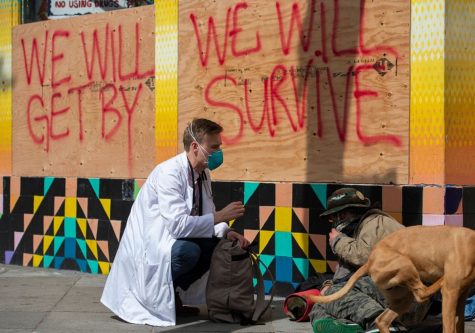
When it comes to homelessness, not everyone is begging for money on the streets like often portrayed in the media. Various shelters cater to the homeless in hopes of keeping them safe and protected; although, with the severity of the pandemic, the major health implications COVID-19 may cause has brought on intense preventive measures such as social distancing and wearing a face mask.
Homeless shelters are commonly made up of tight-corridors, with people very close to each other, but COVID-19 protocol calls for social distancing of a six-foot space between individuals. These shelters were not built to satisfy this criterion, so capacities have been lowered to help fit CDC guidelines, which poses a new problem. With fewer people being allowed in each shelter, that means more people without a roof over their heads and fewer people getting the proper COVID-19 relief necessary.
The need for COVID-19-safe homeless shelters is imperative. YLHS student, Carmen Montellano (12), agrees that “there need to be far more housing spaces for the homeless” in order to separate those who have COVID-19, those waiting for results, and those who have tested negative. For this solution to successfully play out, stakeholders must come together to prevent the spread of COVID-19 within the homeless community and help keep this sensitive group protected.
Homelessness has become a quick reality for many people during this COVID-19 era, and relief systems for this community need to be improved. Hygiene within shelters is typically poor, and during a time where health is overwhelmingly important, it is crucial that the necessary changes are made. Communities and stakeholders must work towards better aid for the homeless, as they deserve safety during these unprecedented times.



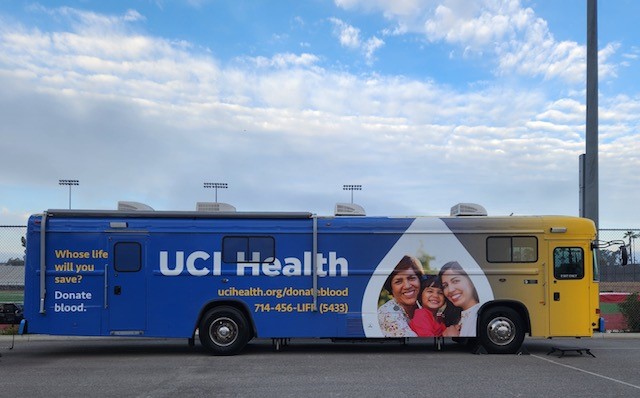

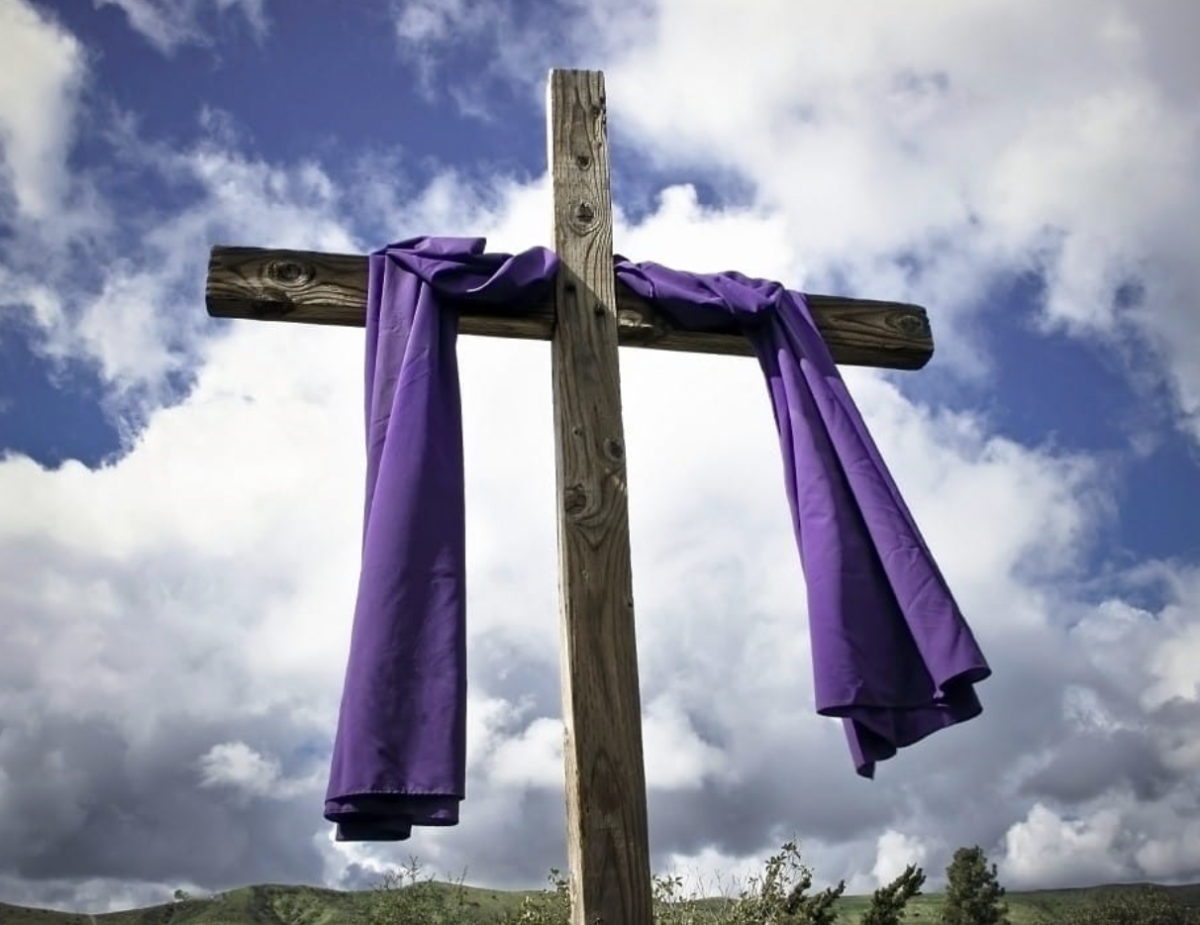















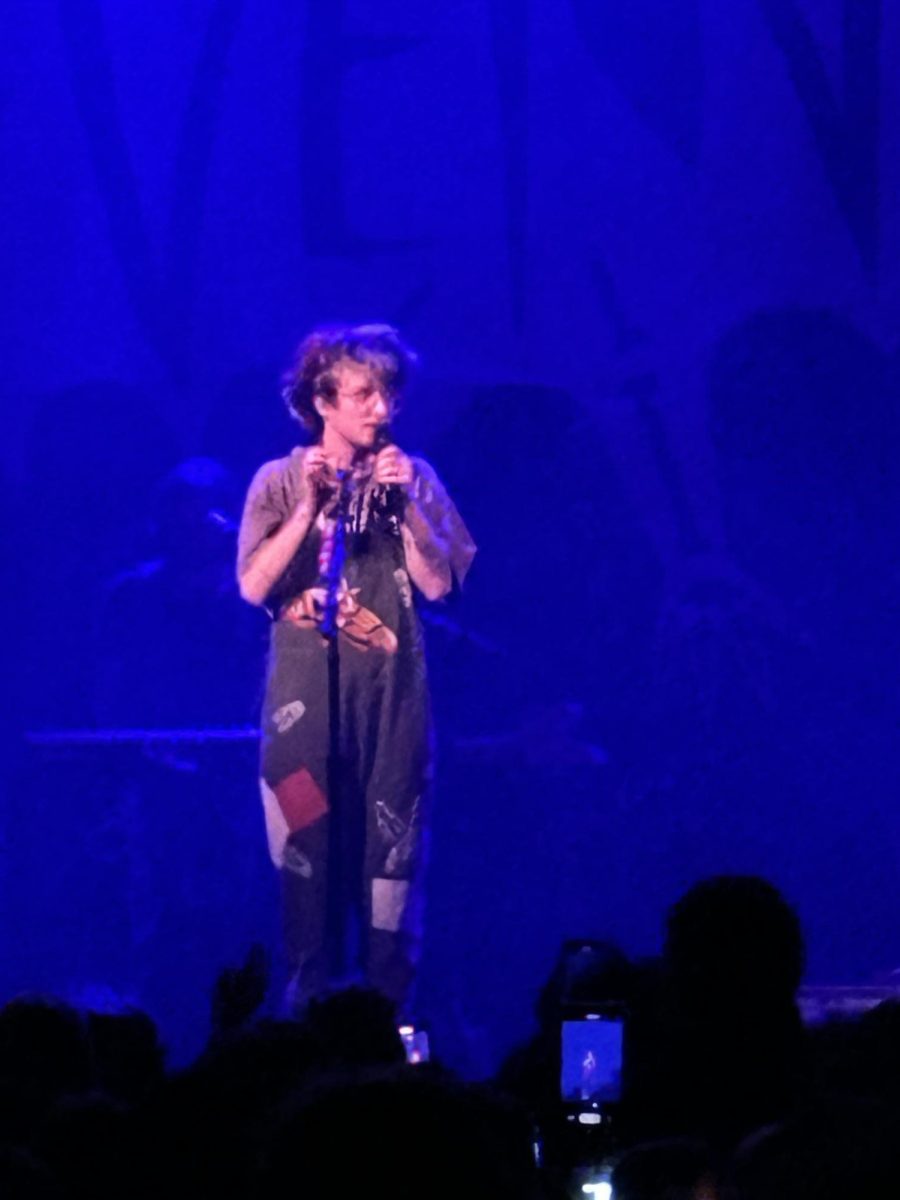






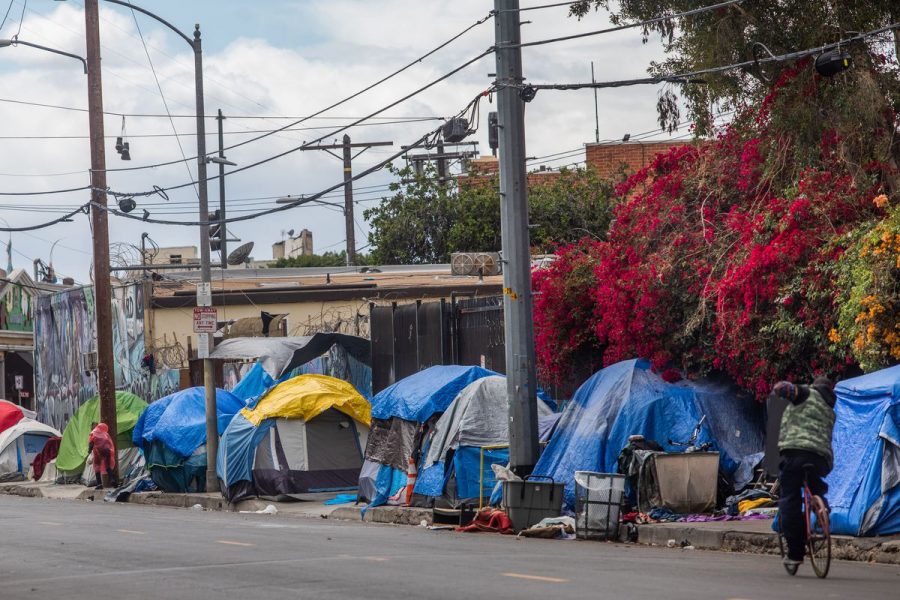
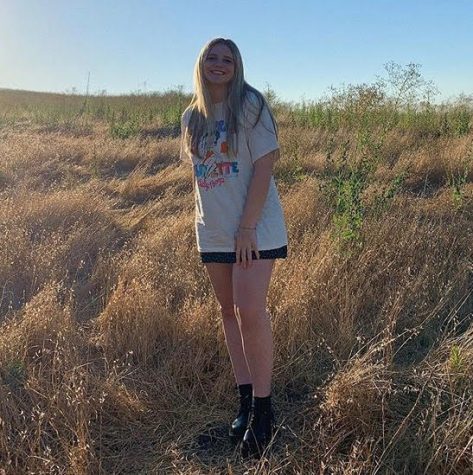










Hayden MacDonald • Dec 10, 2020 at 8:54 PM
I think it’s very easy for students at YLHS to not think about the difficulties others experience in our world. I am myself guilty of this absolutely, but I want to do better. I think your article is a much needed step in the right direction to inform students that we can do more.
Tiana Salisbury • Dec 10, 2020 at 6:23 PM
With the increase in COVID-19 cases, homelessness is continuing to grow. I agree that the homeless are very at risk of getting the virus and I liked how you explained and emphasized the need for better homeless protection so more people can stay safe from the virus.
Fiona Salisbury • Dec 10, 2020 at 3:07 PM
While I personally have not seen many homeless shelters, I am aware that due to the pandemic, homelessness has become even more problematic. Hopefully, people will be able to receive the help they need during this time.
Eunice Ahn • Dec 10, 2020 at 9:01 AM
Homelessness is a huge problem in general, but with the current situation, it is definitely more concerning. My heart goes out for them, and hopefully we can find more efficient ways to help the homeless.
Kylie de Best • Dec 7, 2020 at 2:57 PM
It is crazy how bad the homeless problem is now, especially during the pandemic. With so many people losing their jobs and homes right now, I am hoping that more and more people will get help, especially with the difficulties now with the covid restrictions.
Karina Shah • Dec 6, 2020 at 8:16 PM
Thank you for such a thoughtful and informative article. It is a great reminder about the issues that the world is facing where anyone can help